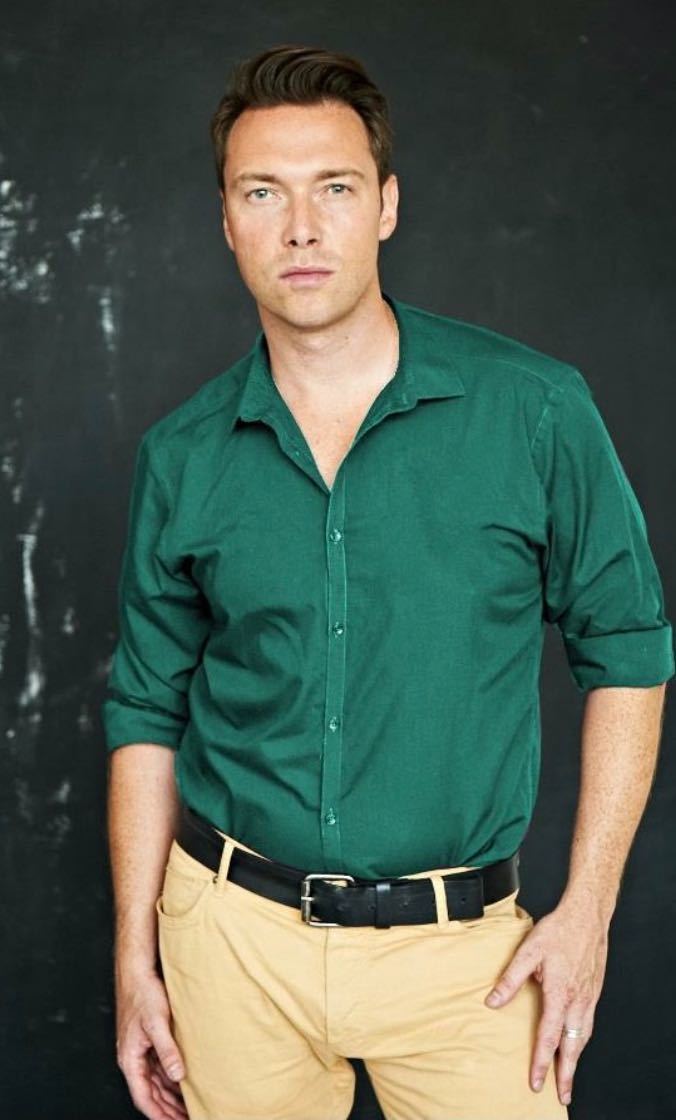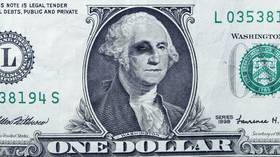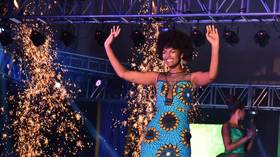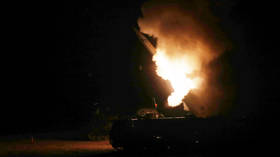New colors of BBC broadcasting? Accusations of racism hit popular Apprentice TV program
The online world exploded this week as the BBC series 'The Apprentice' was accused of racism. Show 'boss' Alan Sugar told a Venezuelan contestant: “No wonder your country is in a state, it’s because it’s full of people like you.”
This adds to the controversy that has flooded the popular British TV series this year, as seven BAME (Black, Asian and Minority Ethnic) candidates have been fired from the BBC show in as many weeks ("fired" is the term used when a contestant leaves).
Television is a changing landscape in the UK. TV soap opera Coronation Street is a national institution in the UK and is sold to dozens of TV networks worldwide. With millions of viewers, 'Corrie' has recently welcomed its first black family in the show’s 59-year history.
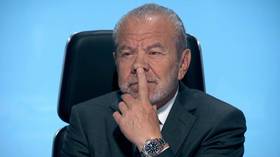
ITV, the TV channel that produces the ongoing evening drama, wanted to reflect that modern-day Manchester is a large melting pot of people from different backgrounds and ethnicities.
This follows a 2017 report by UK media regulator Ofcom, revealing that ethnic minorities, disabled people and women are all under-represented in the industry.With British broadcasters eager to portray authentic lives and communities in 2019, over the past two years it’s been a race to cast BAME talent in dramas, reality and entertainment TV shows.
The popular British baking series 'Bake Off on Channel 4 and the ongoing BBC success 'The Apprentice' have all followed suit... Or have they? With Alan Sugar’s controversial comments being aired and so many ethnic minority cast members leaving the 2019 competition, viewers this week have been left discussing the racism debate, especially as all the non-white candidates have been fired.
He fired the Latina?????? This show gets more and more racist by the week #apprentice
— Quasim (@IbnNaeeem) November 13, 2019
TV producers who work on the show explain that it’s just show-business and the removal of such contestants is merely a coincidence. Critics and fans of the show are not impressed, with a change.org online petition stating this year’s series has been marked by racism and bullying.
Meanwhile, candidate Ryan-Mark Parsons, the latest contestant fired from the TV show, has shut down the racism charges made against Alan Sugar, branding them “absolutely ridiculous” and adding “when I see accusations that people are being fired because of how they look, it’s completely ridiculous. Sugar fired people based on performance alone.”
Sugar says that the controversy is merely a storm in a teacup. It seems a week doesn’t go by where another British TV show isn’t accused of racism. Channel 4’s recent TV show The British Tribe Next Door saw reality star Scarlett Moffatt live with a tribe in Namibia. Many viewers called that show gimmicky, offensive and a racist cringe fest.
Channel 4 has started promoting their new show ‘The British Tribe Next Door’ in which a white British family lives alongside a nomadic Himba tribe for four weeks. How did anyone think this would be anything other than racist? Nobody asked for this 💤😪https://t.co/xfZjP6aquWpic.twitter.com/wlh2nzZJmV
— gal-dem (@galdemzine) August 27, 2019
But, while the debate continues over the delicate issue of race, box-ticking and the casting practices on television shows in the UK, according to a Guardian report in 2018, in comparison to 18 percent of white people, 43 percent of ethnic minority (BAME) workers feel that they have been overlooked for a work promotion or job application.
With those statistics, perhaps it is not just a coincidence that The Apprentice TV show this year is left with mainly white cast members – or is it simply an overreaction and reflects just how the TV dice rolls?
I’m so fed up with fake news. On The Apprentice, if you were fired, it’s because you were performing poorly, not the colour of your skin. @Lord_Sugar did not make this comment. People who are desperate for money and sell “stories” are the lowest. https://t.co/nUgpXB6nfE
— LottieLion (@LottieLion1) November 17, 2019
Being in danger of labeling everyone and creating an obsession with where we are from and what we look like, yes, broadcasters’ BAME remits are important to represent real life but, when it’s an all-white cast or an all-black cast, maybe that should be allowed, too, without mass hysteria.... Or our media and entertainment industry will end up on a slippery slope to where everything might end up..... being offensive.
If you like this story, share it with a friend!
The statements, views and opinions expressed in this column are solely those of the author and do not necessarily represent those of RT.
